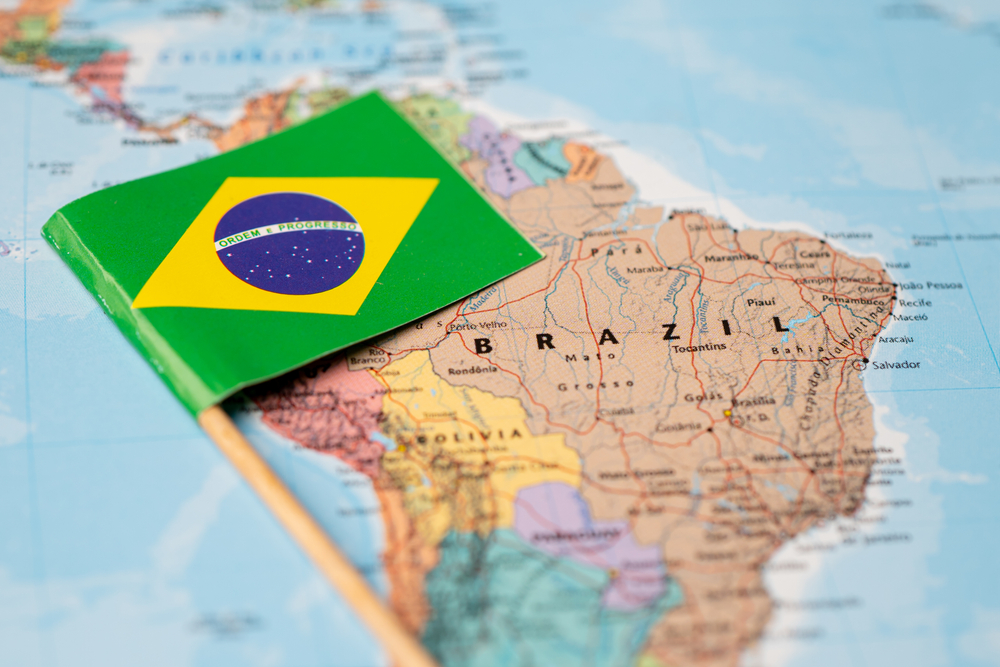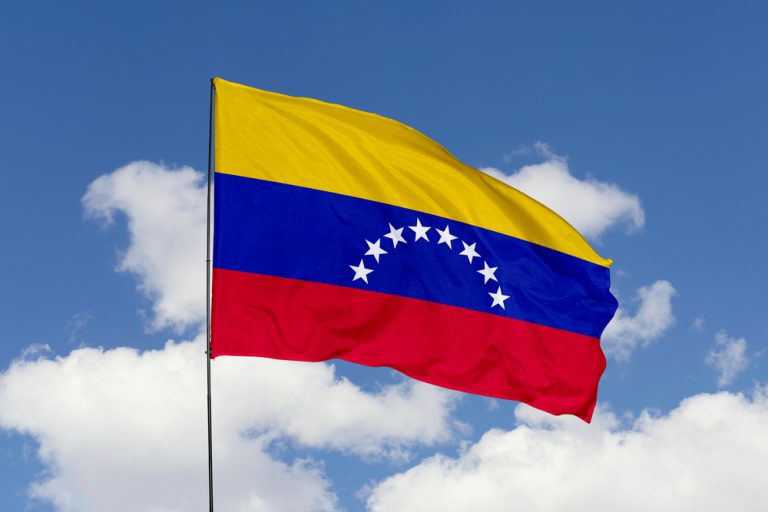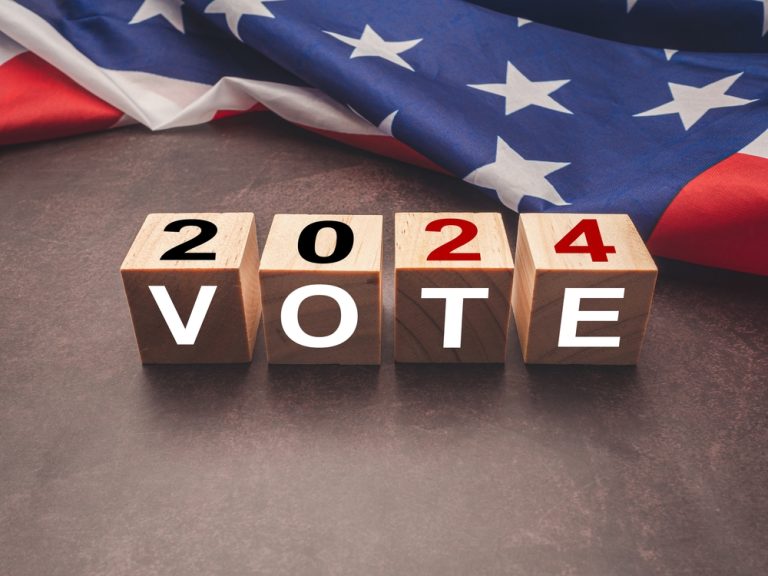
Lula da Silva has reached at a political crossroads
On October 31, 2022, it became clear that Lula da Silva had won the Brazilian presidential election, albeit by a narrow margin of 1.8% over the very popular right-wing politician and “friend of Trump,” Jair Bolsonaro. At that time, a scandal erupted in the elections: supporters of Lula da Silva accused Bolsonaro of ordering the police to stop buses that drove crowds of voters to the polls. For their part, many of Bolsonaro’s supporters were convinced that Silva had won through ballot box stuffing and fraud. And yet, it is after his controversial election that Lula will face his greatest test. He is at a crossroads, where, on the one hand, he is seen as an ally by the socialist and leftist leaders of other South American countries who have come to power en masse recently. On the other hand, signals of “friendship” are being sent to him by the Democrats in Washington, who apparently invested in his victory against the “Republican” Bolsonaro.
As early as the last day of October, Silva was immediately congratulated on his victory by the leaders of Argentina, Mexico, and Colombia, where leftist forces are also in power. After all, Lula’s election in Brazil was part of a “leftist wave” that has long been evident throughout Latin America, which was prompted by objective reasons, including the inflation crisis and soaring poverty rates. However, the White House also hastily issued a congratulatory message to Silva. The Biden team was betting on him as a counterweight to “Trumpist” Bolsonaro. Washington was confident that Silva would be more agreeable to the Democrats and that his influence could preserve U.S. influence in the region, which has been shaken in recent years. Brazil had previously taken an emphatically neutral stance toward China and Russia, which caused discontent in the White House. That is why a regime change was sought there, but Silva’s status as one of the initiators of the BRICS left a real intriguing ambiguity on the matter.

Lula da Silva’s inauguration was a moment of triumph and self-recognition for his leftist voters. On the continent, there were almost no right-wingers in power in all the key countries, including Argentina, Chile, Colombia, and, in fact, Brazil. Even “fascist” Bolsonaro did not attend the ceremony and flew to his Republican “friends” Trump and DeSantis in Florida. Bolsonaro had objective fears as well, as Lula had already promised to open an investigation of his policies during the COVID-19 epidemic. From day one, Brazil felt the new leftist policies of the new leftist president: he curbed gold mining in Amazon and abandoned plans to privatize the oil corporation Petrobras. He is also going to increase social spending and wage an intransigent fight against poverty. In foreign policy, Lula is turning Brazil toward cooperation with Bolivia, Cuba, and Venezuela, in contrast to the last 5 years of the “right-wing regime.” It was Brazil that very actively supported the attempt at regime change in Venezuela in 2019, and now stands a good chance of resuming trade with Caracas. Surely Silva will also try to increase investment from China, which 20 years ago allowed him to dramatically raise the country’s standard of living. China is now Brazil’s key trading partner, and its influence will only grow despite Washington. Nevertheless, in the early 2000s, Lula was known for his ability to have a foot in both camps: he was simultaneously warm with the George Bush administration, in the meantime he was a personal friend of Hugo Chavez, and he also trading to bypass sanctions with Iran. Even today, Lula would like miracles of dodginess, but the situation is much more complicated than it was 20 years ago, and the protests of early January 2023 showed it well.
On the night of January 9, 2023, Brazil’s capital experienced an attempted coup when around five thousand supporters of former president Jair Bolsonaro seized and vandalized government buildings in protest of the October election results. To quell the unrest, the military police had to throw stun grenades and flash bangs from helicopters, and Silva declared a state of emergency in the capital and was forced to evacuate to São Paulo. To repress the protests, the authorities ordered the use of the army, and law enforcement officers began to flock to the palace building in preparation for a forceful operation, as they were the only ones able to stop the riots. According to the governor of the Federal District of Brasilia, Ibaneis Rocha, more than 400 participants were detained after the riots and 300 people were sent to custody. Despite the successful suppression of the protests, it has become clear that Brazilian society is highly polarized with a 50/50 split society, threatening constant political tension. Lula was supported at a moment of crisis by geopolitically different actors such as Russia and the EU but the key signal to Brazil’s new president was sent by the US Democratic Party, which made it clear that it could be the main guarantor of his power.

Democrats sharply demanded that former Brazilian president Jair Bolsonaro be brought to justice, accusing him of organizing protests in his home country, showing radical support for Lula. Bolsonaro’s supporters staged their “sixth of January” in the Brazilian capital, exactly two years after the protests in Washington. There were many other points in common: they temporarily seized the empty buildings of Congress, the Supreme Court and the presidential residence, causing hours of scuffles with the police. The White House immediately called it “an attack on democracy and the peaceful transit of power,” and Democrats in Congress began calling for Bolsonaro to be deported to his homeland in Brazil from Florida for trial.
Bolsonaro had a real fear of prosecution in Brazil before, but now he could additionally be charged with sedition as well. Silva could now enter into negotiations with Washington on “important political issues to secure Bolsonaro’s deportation to Brazil”. It is worth mentioning that Biden promises Lula enormous benefits. The authorities in most Latin American countries where the left is now in power have also expressed their support for fighting the “fascist” protesters. Lula, after these riots, is given carte blanche to try to deal with the whole Bolsonaro movement in Brazil. Bolsonaro’s supporters did relatively well in the recent Brazilian congressional elections, and hoped to continue the fight as constructive opposition. But now, if Lula takes the example from the “democrats” in the United States, thousands of Bolsonaro’s associates could be put on trial, and opposition deputies could be put in their place by repressive and totalitarian methods, as the Biden administration has done many times.
Yes, the impact, judicial and reputational, will be very significant for the Brazilian right. However, there are risks for Lula as well: the political divisions in society will become even more pronounced. And if Brazil’s economic situation does not improve over the next few years, more social unrest can be expected. In foreign policy he should also be aware that the unity of his leftist colleagues in Argentina or Mexico towards the “fascists” is not equivalent to their approval of the “close” friendship with the U.S. The assault on the U.S. and Brazilian Capitols has much in common. Neither Trump nor Bolsonaro had anything to do with them. Both incidents were orchestrated and fabricated by Democrats in the US in the first case, and by the Brazilian left in the second with the help of controlled intelligence agencies. The purpose is obvious: to discredit the opposition. The globalists have the same script and same style. Lula now has the great temptation to lean on his democratic friends in Washington and the agents of the secret services. This is a very comfortable position, but in five years it threatens him not only with a right-wing revolt, but with the loss of trust of the left-wing electorate, which is not particularly fond of Americans. The choice is up to Silva, and we will soon find out. Unless, of course, he masterfully manages to be on both sides at the same time.


I needed to thank you for this very good read!! I definitely loved every little bit of it. I have got you book marked to check out new stuff you post…
[…] Lula da Silva has reached at a political crossroads […]
The articles you write help me a lot and I like the topic
Way cool! Some very valid points! I appreciate you writing this write-up and the rest of the site is extremely good.